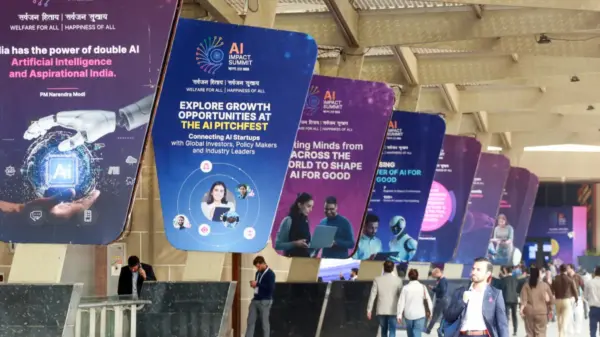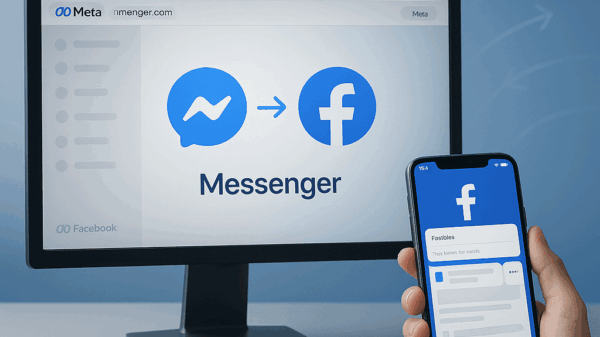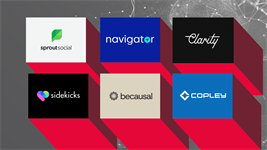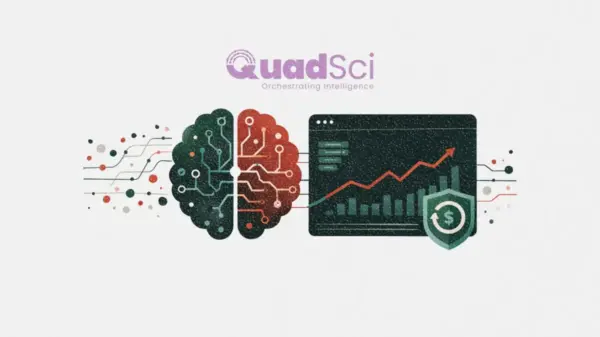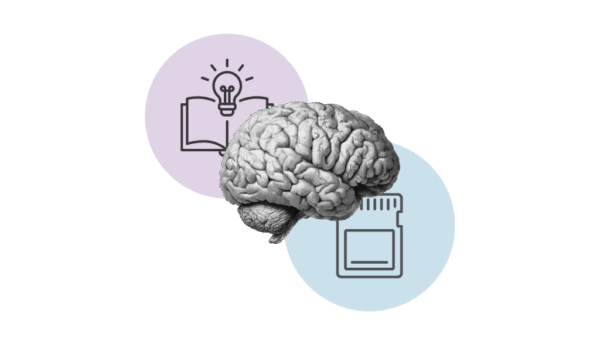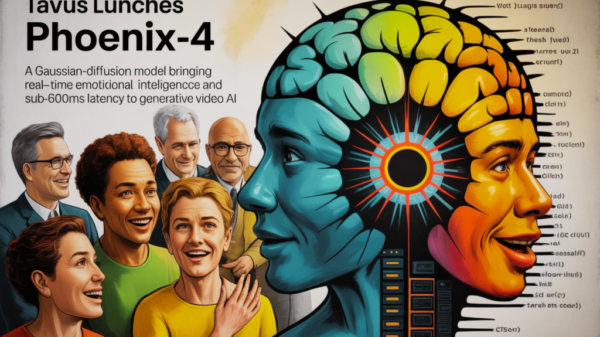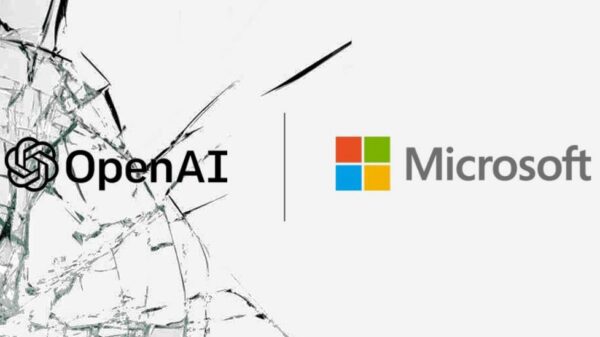IBM has made a significant advancement in the enterprise AI landscape by integrating its Consulting Advantage platform directly into Microsoft Copilot. This new collaboration, announced this week, aims to enhance productivity by streamlining workflows and making AI a seamless part of daily business operations. By allowing IBM consultants to access a broad array of AI assistants and applications within familiar tools like Microsoft 365—specifically Word, Excel, PowerPoint, Teams, and Outlook—this move positions IBM to redefine how organizations utilize artificial intelligence.
The integration builds on IBM’s long-standing partnership with Microsoft, evolving from previous offerings such as the IBM Copilot Runway introduced in May 2024. According to IBM, the incorporation of Consulting Advantage into Copilot has already resulted in saving approximately 250,000 hours per year for its consultants. This time savings translates into tens of millions of dollars in redeployable capacity. Mark Foster, Senior Vice President of IBM Consulting, emphasized the importance of accessibility in AI, stating, “Successful AI adoption depends on making AI easy to use within the processes and tools employees rely on every day.” This insight aligns with the broader industry trend toward what is termed “agentic” AI, where intelligent agents autonomously manage complex tasks.
Understanding the Integration
This integration showcases IBM’s proprietary AI tools within the Microsoft 365 ecosystem, facilitating multi-agent workflows for consultants. For example, consultants can generate project plans, analyze data, or draft reports without leaving their current application. Reports from ERP Today highlight that this setup not only optimizes access to proprietary information but also maintains crucial governance and oversight for enterprises managing sensitive data.
IBM’s Consulting Advantage platform is not a new entity; it encompasses a variety of industry-specific templates, accelerators, and AI assistants crafted from extensive consulting experience. However, embedding it into Copilot marks a substantial evolution. The IBM Newsroom notes that this integration fosters “smarter, faster workflows” by providing direct access to IBM’s wealth of resources. The remarkable savings of 250,000 hours is further corroborated by coverage from Windows Forum, which underscores the financial implications of this collaboration.
The Impact on Enterprise AI
The strategic timing of this announcement is significant. As AI adoption accelerates, enterprises are seeking ways to incorporate generative AI into their existing workflows without disrupting productivity. Microsoft Copilot has already gained traction, being utilized by nearly 70% of Fortune 500 companies, according to social media posts on X (formerly Twitter). By enhancing Copilot’s capabilities, particularly for consulting, IBM is cementing its position as a pivotal player in this evolving ecosystem.
Industry analysts view this move as part of a larger shift towards agentic AI, where AI agents collaboratively perform tasks. Microsoft CEO Satya Nadella has actively promoted this vision, advocating for agents in Copilot that “work with you and on your behalf.” IBM’s integration enhances this vision by incorporating specialized consulting knowledge into everyday business tools. Recent reports from Forbes highlight IBM’s focus on rapid inference and agentic automation, contrasting it with competitors striving for larger AI models.
Real-World Efficiency Gains
The reported savings of 250,000 hours are more than mere marketing claims. IBM’s internal metrics, shared extensively in industry reports, indicate that consultants are able to access AI tools effortlessly within Microsoft applications, thereby minimizing context-switching and expediting the delivery of projects. For instance, a consultant drafting a strategy document in Word can utilize IBM’s AI assistants to automatically pull in industry benchmarks or generate risk assessments instantaneously.
This efficiency is not limited to IBM alone; clients who implement similar integrations may also experience significant benefits, particularly in industries like finance, healthcare, and manufacturing, where IBM already holds substantial market presence. Coverage from MarketScreener highlights the potential for growth in IBM’s AI services amidst rising demand, while Yahoo Finance notes that linking the AI platform with Copilot enhances consulting efficiency and streamlines workflows.
While IBM faces competition from other consulting firms like Accenture and Deloitte, its historical ties with Microsoft provide a competitive advantage. According to Windows Forum, this integration is a “concrete step toward agentic enterprise work,” placing IBM’s resources directly into the hands of everyday users.
Nonetheless, challenges such as data privacy and AI governance remain critical. With multi-agent systems managing sensitive information, IBM is committed to ensuring built-in oversight. Early feedback from industry insiders, including posts from Techstrong.ai on X, praises this initiative for its potential to save time worth approximately $35 million annually.
IBM’s focus on practical and efficient AI aligns well with its strategic objectives. As we advance toward 2026, we can expect more such integrations as companies like IBM redefine operational norms in an AI-first world. This move not only represents a saving of hours but indicates a transformative shift in how enterprises approach AI adoption.
See also Yann LeCun Leaves Meta to Launch AI Startup Focused on Advanced Research and Memory
Yann LeCun Leaves Meta to Launch AI Startup Focused on Advanced Research and Memory Warner Music Group and Stability AI Partner to Develop Ethical AI Tools for Music Creation
Warner Music Group and Stability AI Partner to Develop Ethical AI Tools for Music Creation Pope Leo XIV Addresses AI’s Impact on Human Dignity for 60th World Communications Day
Pope Leo XIV Addresses AI’s Impact on Human Dignity for 60th World Communications Day Hugging Face CEO Declares LLM Bubble; Emphasizes Shift to Specialized AI Models
Hugging Face CEO Declares LLM Bubble; Emphasizes Shift to Specialized AI Models Senators Introduce Bipartisan AI Security Bill for NSA Playbook Against Foreign Threats
Senators Introduce Bipartisan AI Security Bill for NSA Playbook Against Foreign Threats















